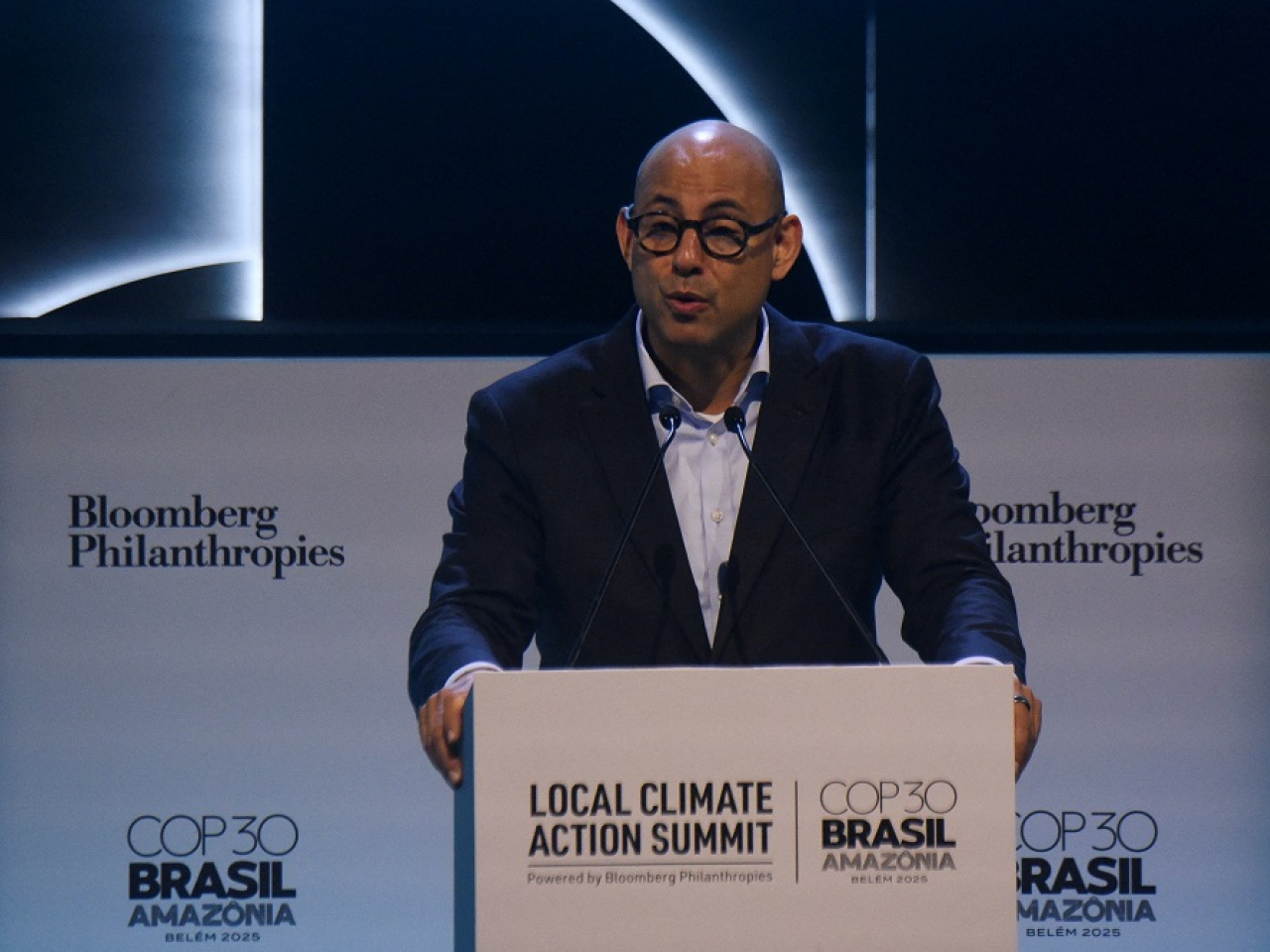The world has all the tools in hand to provide US$1.3 trillion in climate finance to vulnerable nations, from debt relief to taxes and better coordination, said a "roadmap" released on Wednesday ahead of the COP30 summit in Brazil.
The 81-page report was released by the heads of last year's COP29 conference in Azerbaijan and the upcoming COP30 gathering in Belem, Brazil, as leaders prepare to meet in the Amazonian city this week.
"This Roadmap aims to contribute as catalyst and foundation for the next phase of climate action," COP29 president Mukhtar Babayev and COP30 head Andre Correa do Lago said in the paper's foreword.
"It reminds us that the resources exist, the tools are ready, and the time is now," they said.
The COP29 gathering in Baku ended with developed nations agreeing to provide US$300 billion annually in climate finance to poorer countries by 2035, a figure criticised as way below what is needed to meet the challenge.
They also set a much less specific target of helping raise US$1.3 trillion annually from public and private sources.
The "Baku to Belem Roadmap" aims to turn that vague target into concrete proposals, at a time when rich nations face their own budget constraints, rising debt, tariff battles and conflicts abroad.
"We are aware that this journey begins in turbulent times, with scarce financial resources and difficult budgetary trade-offs," Babayev and Correa do Lago said.
Developing nations will be demanding more details during COP30 in Belem, where leaders will meet on Thursday and Friday before the two-week conference formally begins on Monday.
"The task is ambitious, but achievable. The tools exist; what's been missing is coordination and shared commitment," said UN climate chief Simon Stiell.
But climate campaigner Harjeet Singh, founding director of Satat Sampada Climate Foundation, said the roadmap was "like offering a band-aid for a mortal wound and fundamentally fails to prescribe the cure." (AFP)





